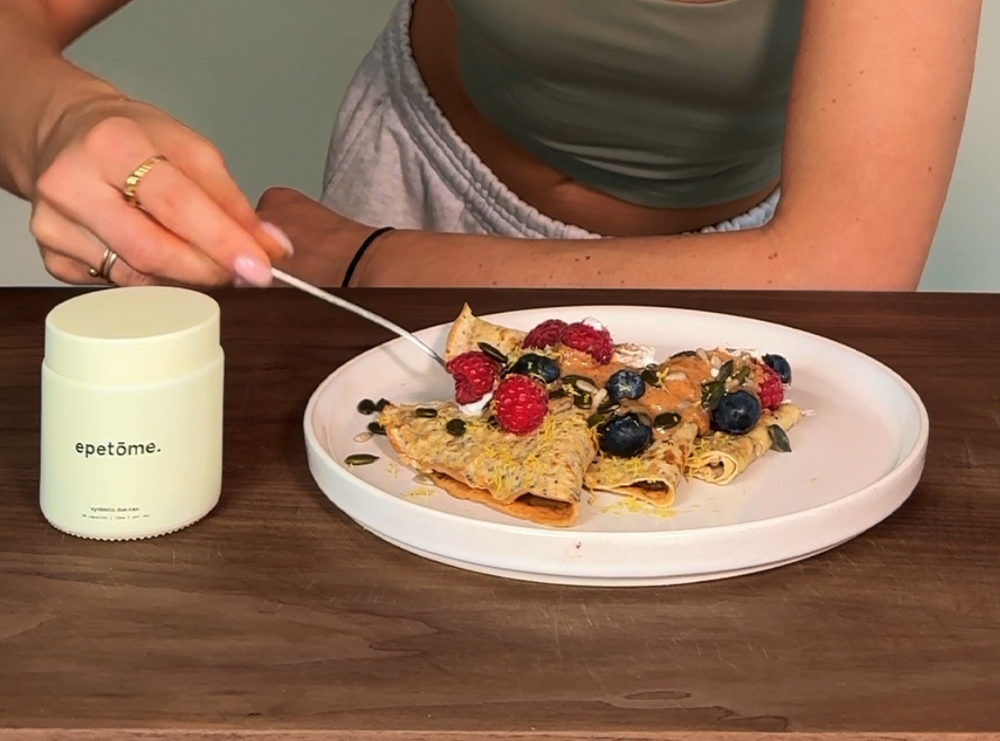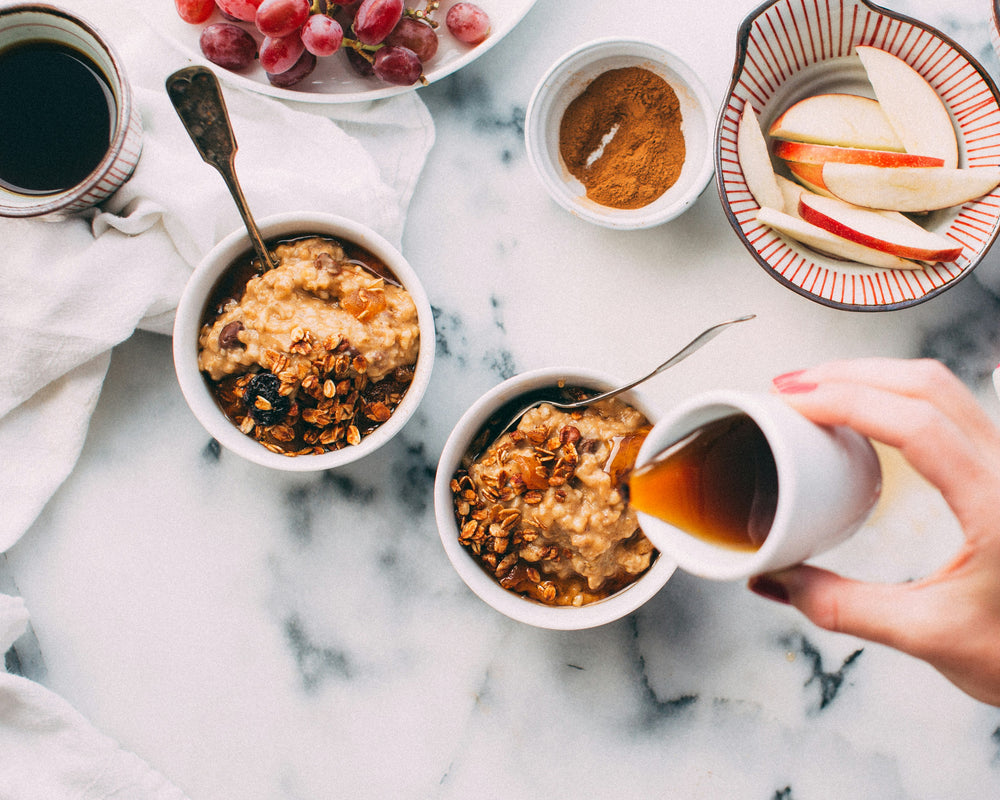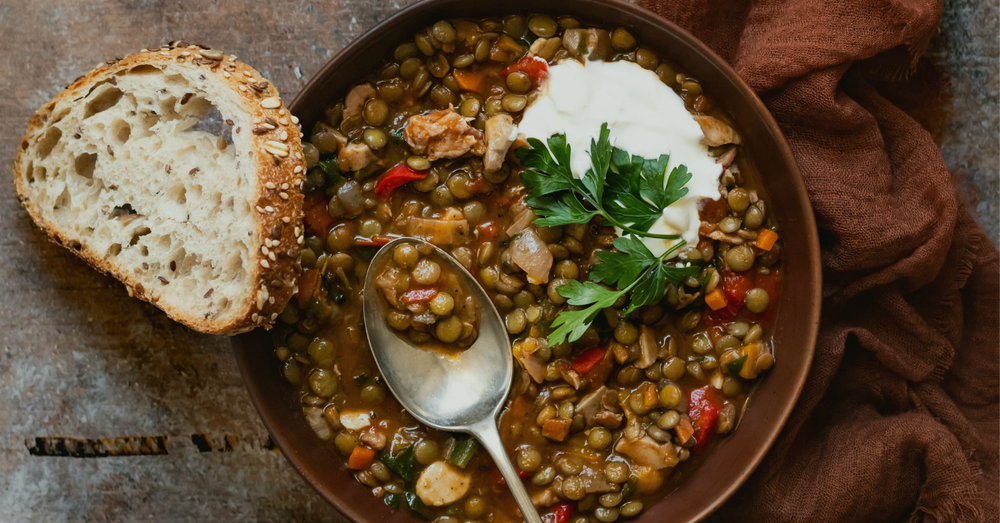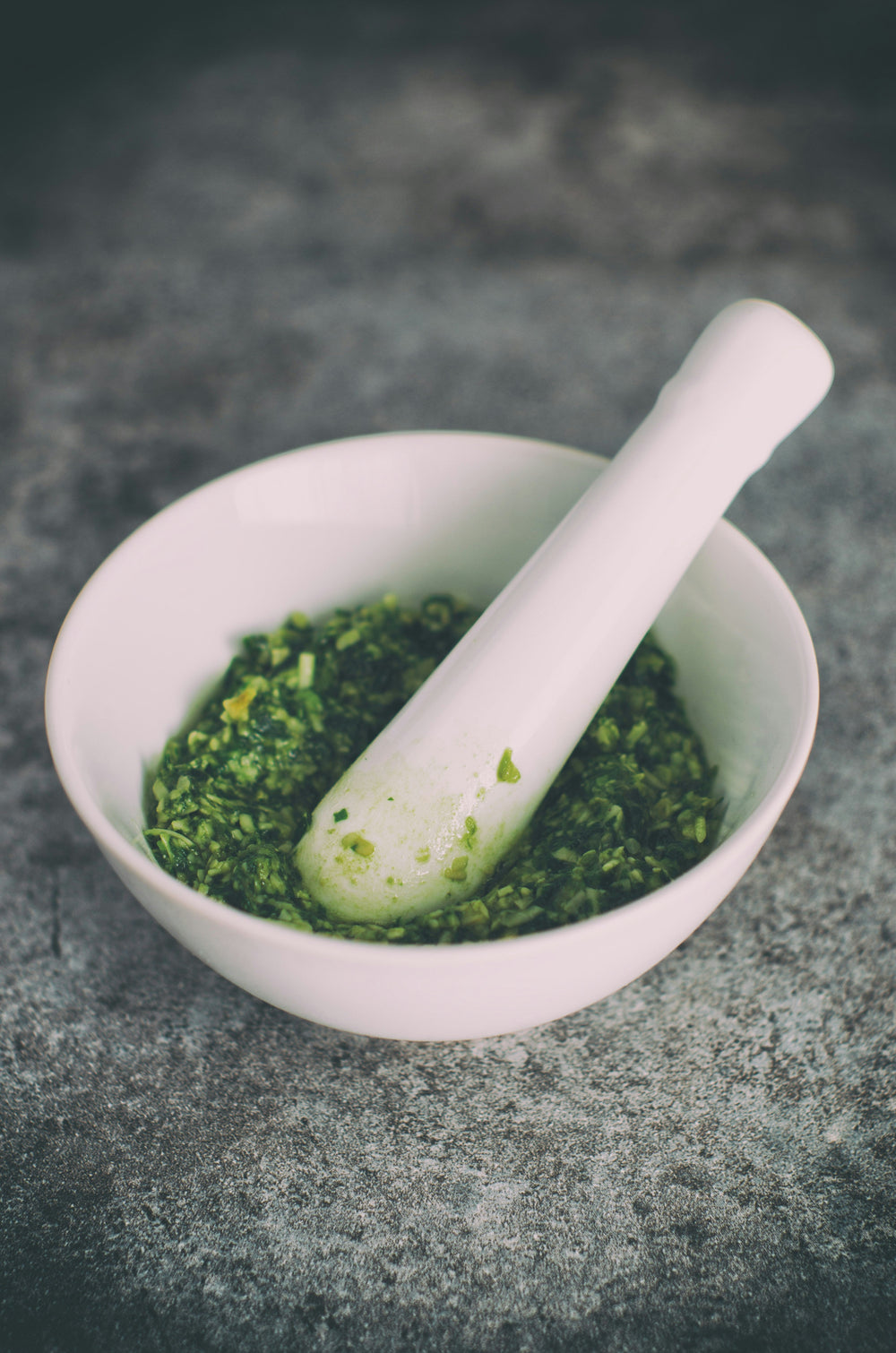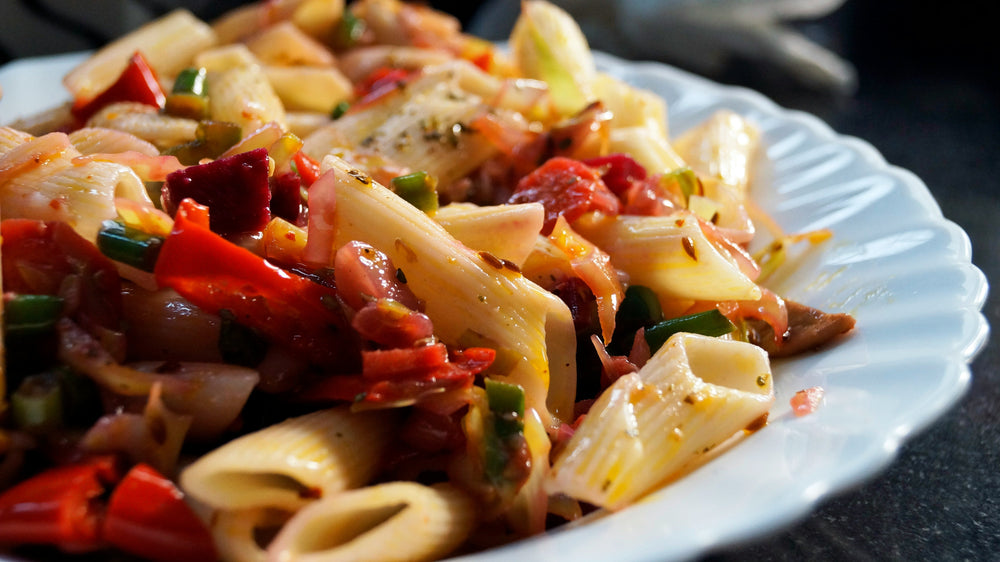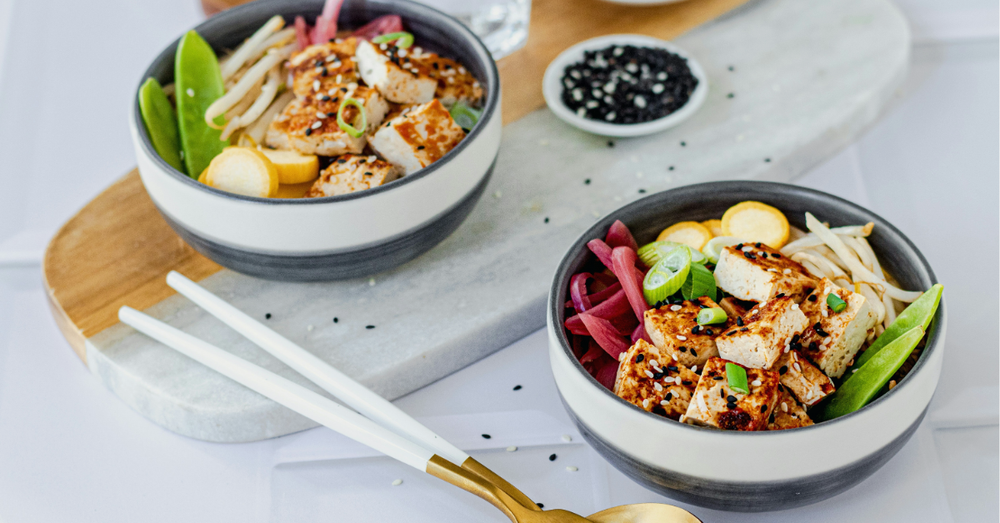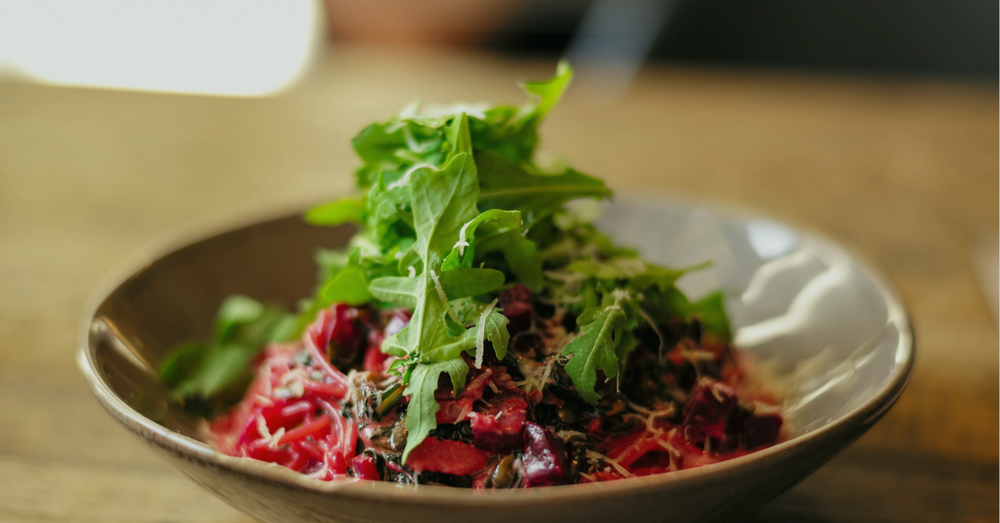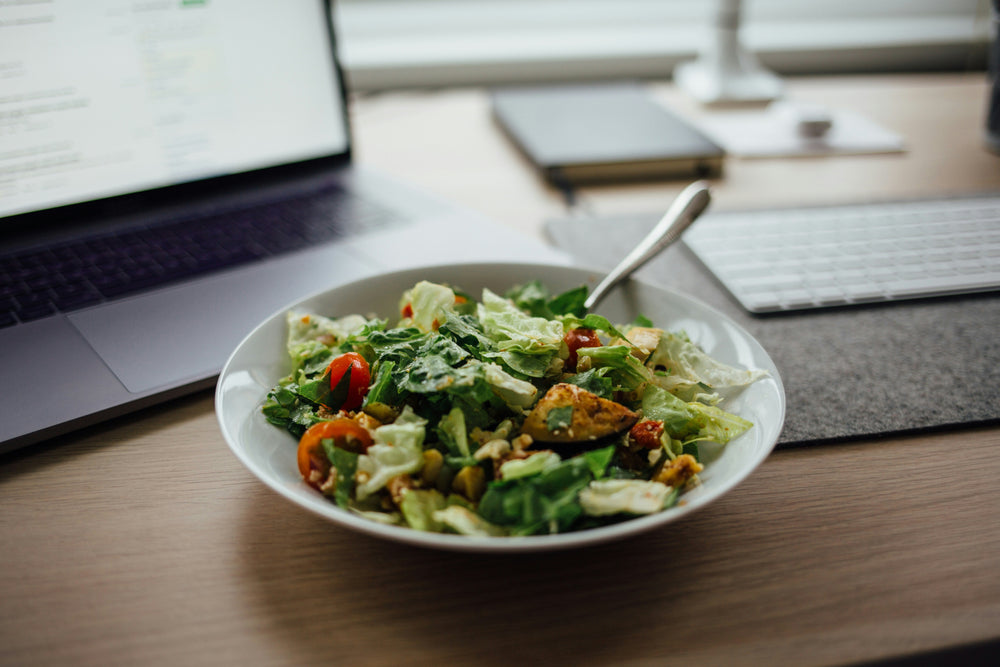how antibiotics impact your gut and what you can do.
The Impact of Antibiotics on Gut Health – and How to Recover Antibiotics have transformed modern medicine, helping to combat bacterial infections that were once life-threatening. But while they’re essential for treating infections, their effects don’t stop there. So, what actually happens to your gut microbiome when you take antibiotics, and how can you support its recovery? Let’s take a closer look. What Antibiotics Do to Your Gut Microbiome Your gut is home to trillions of microorganisms - bacteria, fungi, and other microbes - that work together to support our digestion but antibiotics don’t discriminate between harmful and beneficial bacteria. While they effectively kill off the bacteria causing an infection, they also wipe out many of the beneficial microbes that help maintain gut balance. Short-Term Effects: In the immediate aftermath of antibiotic use, you may experience digestive issues such as diarrhoea, bloating, and discomfort. This happens because antibiotics disrupt the gut’s natural ecosystem, allowing less beneficial bacteria to flourish in the absence of their usual competition. Long-Term Effects: Repeated or prolonged antibiotic use can lead to more lasting changes in gut health. A loss of microbial diversity has been seen with conditions like irritable bowel syndrome (IBS), inflammatory bowel disease (IBD), and even increased susceptibility to infections such as Clostridium difficile. Research also suggests that an imbalanced gut may influence mental health, with emerging links between the microbiome and anxiety or depression. Fortunately, your gut has an incredible ability to recover, especially with the right support. Do All Antibiotics Kill Good Bacteria? Broad-spectrum antibiotics, which target a wide variety of bacteria, are more likely to disrupt gut microbial diversity than narrow-spectrum antibiotics, which are designed to act on a specific type of bacteria. When possible, narrow-spectrum antibiotics are preferred, as they tend to preserve more of the beneficial microbes that...

The Impact of Antibiotics on Gut Health – and How to Recover
Antibiotics have transformed modern medicine, helping to combat bacterial infections that were once life-threatening. But while they’re essential for treating infections, their effects don’t stop there.
So, what actually happens to your gut microbiome when you take antibiotics, and how can you support its recovery? Let’s take a closer look.
What Antibiotics Do to Your Gut Microbiome
Your gut is home to trillions of microorganisms - bacteria, fungi, and other microbes - that work together to support our digestion but antibiotics don’t discriminate between harmful and beneficial bacteria. While they effectively kill off the bacteria causing an infection, they also wipe out many of the beneficial microbes that help maintain gut balance.
Short-Term Effects:
In the immediate aftermath of antibiotic use, you may experience digestive issues such as diarrhoea, bloating, and discomfort. This happens because antibiotics disrupt the gut’s natural ecosystem, allowing less beneficial bacteria to flourish in the absence of their usual competition.
Long-Term Effects:
Repeated or prolonged antibiotic use can lead to more lasting changes in gut health. A loss of microbial diversity has been seen with conditions like irritable bowel syndrome (IBS), inflammatory bowel disease (IBD), and even increased susceptibility to infections such as Clostridium difficile. Research also suggests that an imbalanced gut may influence mental health, with emerging links between the microbiome and anxiety or depression.
Fortunately, your gut has an incredible ability to recover, especially with the right support.
Do All Antibiotics Kill Good Bacteria?
Broad-spectrum antibiotics, which target a wide variety of bacteria, are more likely to disrupt gut microbial diversity than narrow-spectrum antibiotics, which are designed to act on a specific type of bacteria. When possible, narrow-spectrum antibiotics are preferred, as they tend to preserve more of the beneficial microbes that support gut health.
How to Restore Gut Balance After Antibiotics
If you’ve recently taken a course of antibiotics, there are several steps you can take to help your gut microbiome bounce back.
1. Replenish with Probiotics
Probiotics can be a great addition during or after antibiotic use by offering live cultures that may support the beneficial bacteria in the gut. Studies suggest that probiotics may also reduce antibiotic-associated diarrhoea and support overall digestive health.
Look for a high-quality, multi-strain probiotic supplement, particularly those containing Lactobacillus and Bifidobacterium strains, which are known for their gut-supporting properties. Alternatively, fermented foods like yoghurt, kefir, kimchi, and sauerkraut can naturally provide a boost of beneficial bacteria.
2. Add Foods Rich in Prebiotics
One particularly helpful type is fructo-oligosaccharides (FOS). They are a group of prebiotic fibres that can stimulate the growth of beneficial strains such as Bifidobacteria and Lactobacilli. These fibres are naturally found in plant-based foods and help create the right environment for good bacteria to flourish. Other prebiotic compounds include galacto-oligosaccharides (GOS), resistant starch, and even certain polyphenols like those found in cocoa.
If you are looking to add more prebiotics in your diet, this is what to include:
-
Garlic
-
Onions
-
Leeks
-
Asparagus
-
Bananas
-
Whole grains
Pairing probiotics with prebiotic-rich foods can create the ideal environment for beneficial bacteria to repopulate your gut.
3. Add Diversity to Your Diet
A varied diet filled with fibre, plant-based foods, and whole grains can help restore gut diversity. Different types of bacteria thrive on different nutrients, so the more variety in your diet, the better for your microbiome.
Try incorporating:
-
A wide range of colourful fruits and vegetables (add some as a side dish to every meal)
-
Nuts, seeds, and legumes for fibre and healthy fats (great for snacking)
-
Fermented foods for natural probiotics (add 1 teaspoon to your lunch plate)
This approach can help repopulate your gut with a broad spectrum of beneficial microbes.
4. Use Antibiotics Responsibly
Antibiotics play an important role in managing certain bacterial infections, but they should only be used when medically necessary. Taking antibiotics for viral infections, such as colds or the flu, is not effective and may contribute to antibiotic resistance and temporary changes in the balance of gut bacteria.
If you're prescribed antibiotics, you may wish to speak with your healthcare professional about ways to support your overall wellbeing during and after treatment.
This could include considering dietary choices or the inclusion of live cultures in the form of a supplement.
5. Stay Hydrated and Manage Stress
Hydration plays a key role in digestion and detoxification, helping to flush out toxins and support overall gut health. Drinking plenty of water can aid in the recovery process post-antibiotics.
Chronic stress, on the other hand, can negatively impact gut bacteria. Stress management techniques such as yoga, meditation, or simply spending time outdoors can help maintain a balanced microbiome.
6. Be Patient – Gut Recovery Takes Time
Restoring your gut microbiome isn’t an overnight fix. Depending on the length and strength of your antibiotic treatment, it may take weeks or even months for your gut to fully recover. By consistently supporting your microbiome through diet, probiotics, and lifestyle choices, you can help rebuild its resilience over time.
Conclusion: Taking Care of Your Gut for Long-Term Health
By understanding how antibiotics affect your microbiome and taking proactive steps to support its recovery, you can help maintain a strong, diverse gut microbiome.
From probiotics and prebiotics to a varied diet and mindful antibiotic use, every step you take towards gut health supports digestion, immunity, hormone regulation, skin health and even mental health.
References
Elvers, K. T., Wilson, V. J., Hammond, A., Duncan, L., Huntley, A. L., Hay, A. D., & van der Werf, E. T. (2020). Antibiotic-induced changes in the human gut microbiota for the most commonly prescribed antibiotics in primary care in the UK: A systematic review. BMJ Open, 10(9), e035677. https://doi.org/10.1136/bmjopen-2019-035677
Lathakumari, R. H., Vajravelu, L. K., Satheesan, A., Ravi, S., & Thulukanam, J. (2024). Antibiotics and the gut microbiome: Understanding the impact on human health. Medicine in Microecology, 20, 100106. https://doi.org/10.1016/j.medmic.2024.100106
Patangia, D. V., Ryan, C. A., Dempsey, E., Ross, R. P., & Stanton, C. (2022). Impact of antibiotics on the human microbiome and consequences for host health. MicrobiologyOpen, 11(1), e1260. https://doi.org/10.1002/mbo3.1260
Theodosiou, A. A., Jones, C. E., Read, R. C., & Bogaert, D. (2023). Microbiotoxicity: Antibiotic usage and its unintended harm to the microbiome. Current Opinion in Infectious Diseases, 36(5), 371–378. https://doi.org/10.1097/QCO.0000000000000945
Soft, satisfying, and subtly sweet—these breakfast cookies are made to fuel your morning the right way. With fibre-rich oats, plant-based protein, and antioxidant-packed matcha, they’re a gut-friendly grab-and-go option that doesn’t compromise on flavour or function.
Emily's light, gut-friendly crêpes are the perfect balance of fibre, protein, and healthy fats to support digestion and keep you feeling great.
Start your day with a delicious and nutritious breakfast option - Carrot Cake Oats. Filled with fibre diversity to promote healthy digestion.



